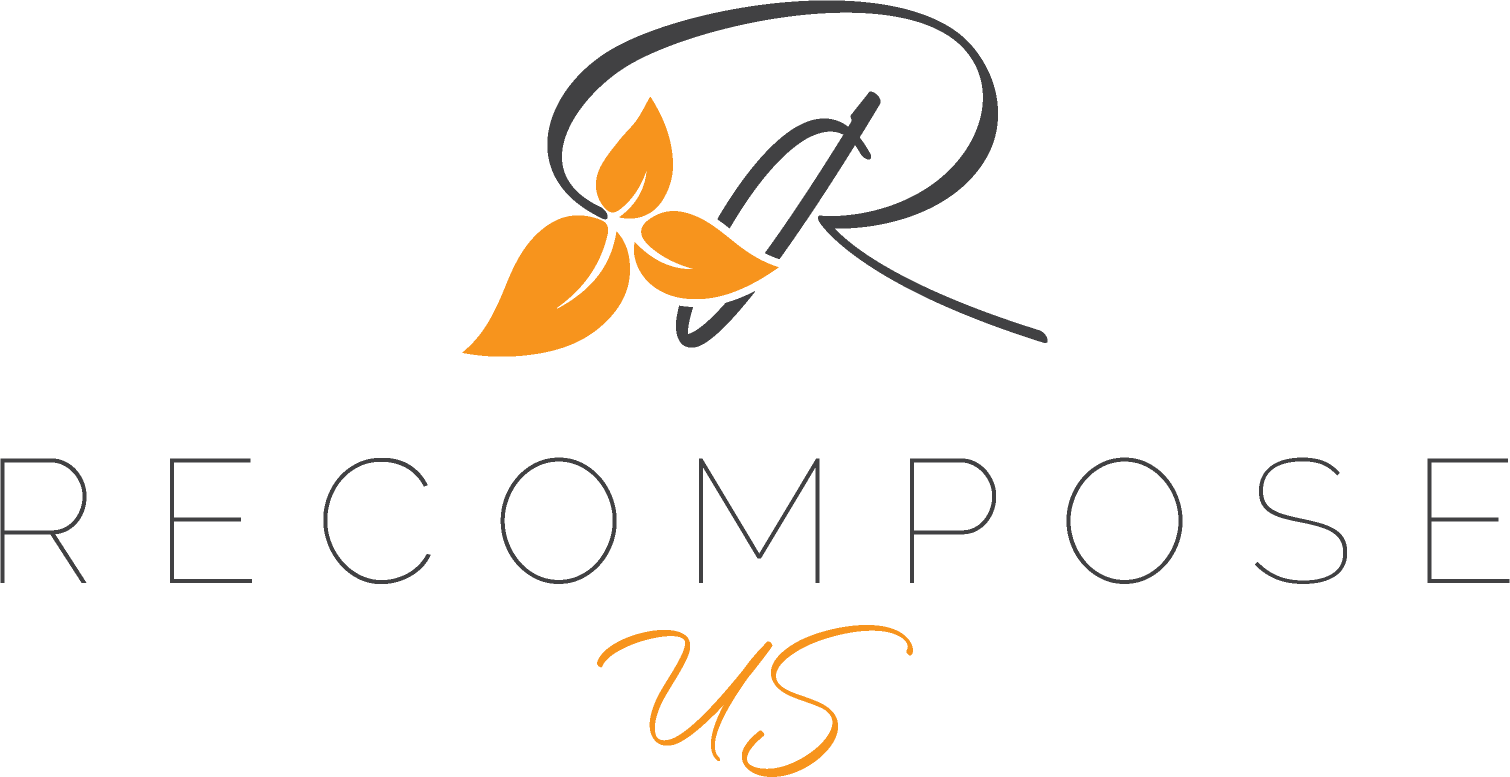If, like me, you’ve noticed an uptick in incivility lately, you’re not alone. Reasons for frustration abound, from civil right abuses, the pandemic, job loss, kids always at home, as well as our usual stresses too. What shouldn’t change is how we treat each other. When it does, we need a way to manage these moments.
We don’t want to feel frustrated ourselves, of course, by someone else’s upset. We also don’t want to further inflame an already enraged person either. What works, for us and them, during an already difficult time? Tools of mindfulness will allow us to do better, for ourselves and with each other. Mindfulness is really simple. It’s just the practice of paying attention to the current moment and accepting it without judgment. This simple tool has been shown to relieve stress and build resilience. https://bit.ly/2ZsrgMd
Let’s use the example of chastising someone for not wearing a mask. The rules are confusing, for sure, depending upon where you are at any given moment and what the local jurisdiction has now decided. https://cnet.co/3eSD80D You’ve been in your home alone or with your family for months now and you want to see the curve flattened and everything re-opened. Do you see those not wearing masks as slowing the process down and putting everyone’s lives in jeopardy?
Whatever the rules, if someone is not wearing a mask, and you tell them to do so, they may feel embarrassed and shamed because someone is criticizing them. The temptation, of course, is for them to be defensive, which is quite natural. When people are feeling defensive, they generally double down on their rationale for their behavior. Rarely does it motivate change. So, how can you deal with your frustration about them not wearing a mask?
In any conflict, when you start the conversation with confrontation, accusations, shaming, it’s unlikely to land as intended. It may only raise the level of conflict or lead to a tit-for-tat hurling of insults scenario. This accomplishes little and leaves you both frustrated too. Attempting to raise someone’s consciousness, or to change their mindset, or behavior is a lot to try to accomplish in what may be an under 30 second exchange. Therefore, whether it’s about a face mask or something else, we need a simple “go to” that works to help us maintain calm in the face of upset.
So, what can you actually do? In the case of a face mask, of course people should wear it when they are supposed to do so. If they don’t, they should expect someone in a position of authority to tell them to put one on or leave. But perhaps that does not need to come from you. Although you’re certainly welcome to express your concerns to others, ask yourself if your agenda is to motivate change or simply to chastise them or, honestly, relieve your own general frustration.
Remember that you are unlikely to change another’s behavior with an aggressive or judgmental comment and may be better served by simply steering a wide berth around them, if possible. Leave it to those in a position of authority to tell others when they must follow the rules in place.
If someone challenges you about wearing a mask, a simple “I hear your concern,” may suffice to de-escalate the situation and move on. This can work in any number of scenarios, about many issues.
If you find their tone intolerable, even a bit self-righteous, and the above feels too hard, perhaps the answer is simply, “Namaste!” This simple Hindi expression means, simply, I bow to you. It’s a way to convey that you, as a separate being, recognize the dignity of the other person and hope they can do the same for you. https://cnn.it/38gtCSF There is a bit of controversy around it too as some say it’s overused and misunderstood. https://n.pr/3eWgG72 If this is true for you, simply say nothing at all. Sometimes silence speaks volumes and can help keep the peace which is an absolutely appropriate goal in these kinds of moments.
It may feel impossible to say anything that isn’t angry and/or defensive whether you are on the giving or receiving end of such an exchange. Most people are, after all, doing the best they can! But, really, wouldn’t you rather go about what you were doing rather than be sidetracked by the upset of someone else? If so, challenge your desire to confront someone else or to respond negatively if someone challenges you.
Conflict takes many forms, but intruding upon your peace of mind is something that you have more control over than you may realize. By using mindful tools, we get to decide who we want to be. Isn’t that the best way to retain our own power at a time when so much is out of our control, after all?
Cherie Morris, J.D., CDC is a Transformational Mediator and Coach and the Program Director at Recompose Us. If you’d like to discuss issues related to conflict that impact your life, email her at coach@recompose.us



